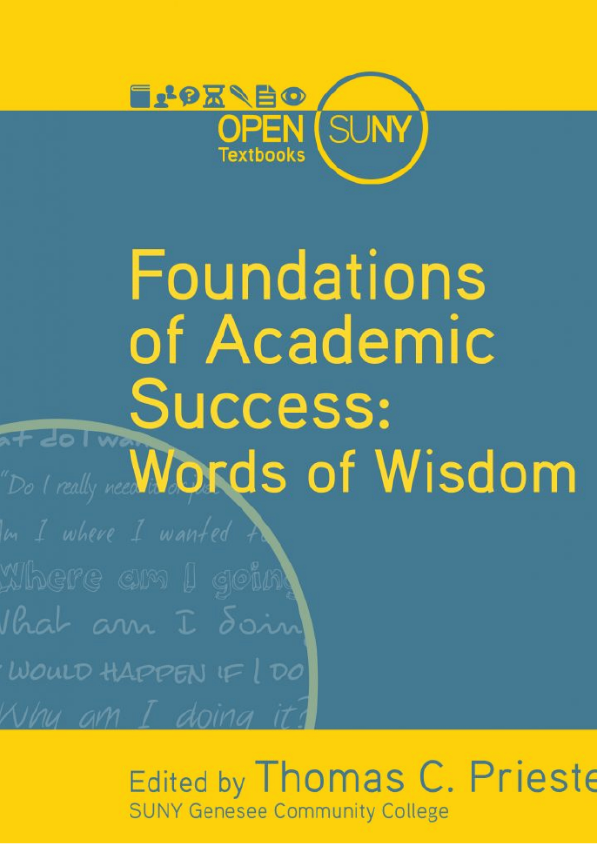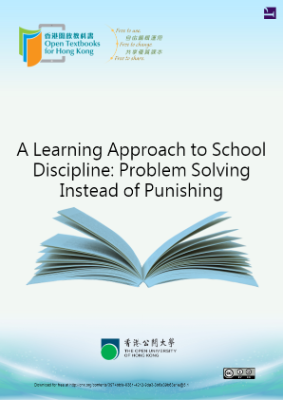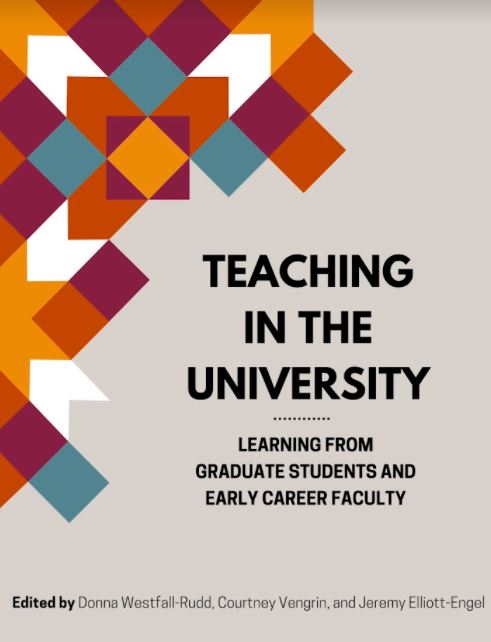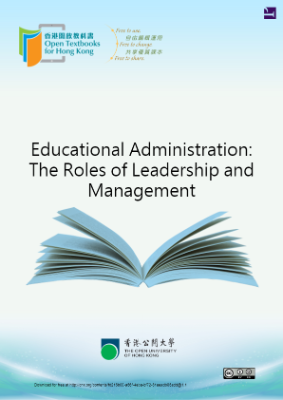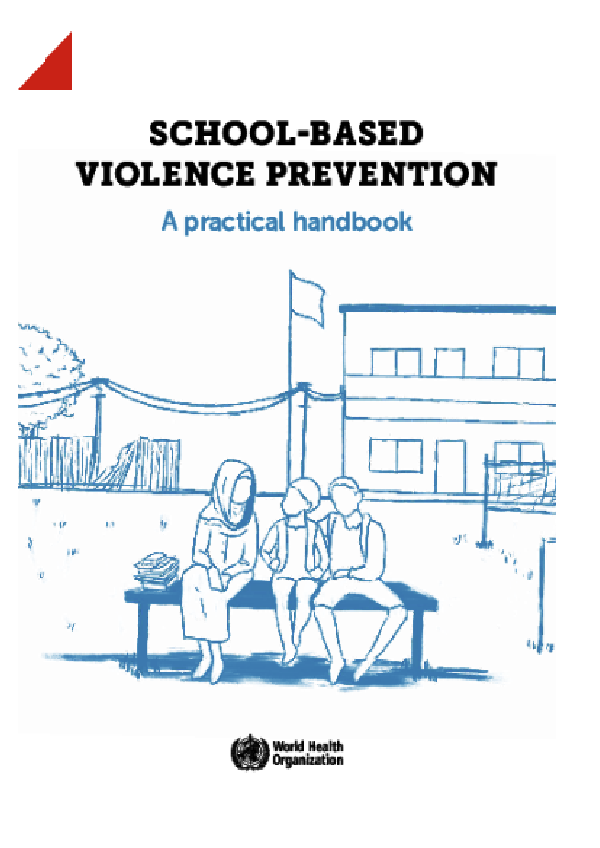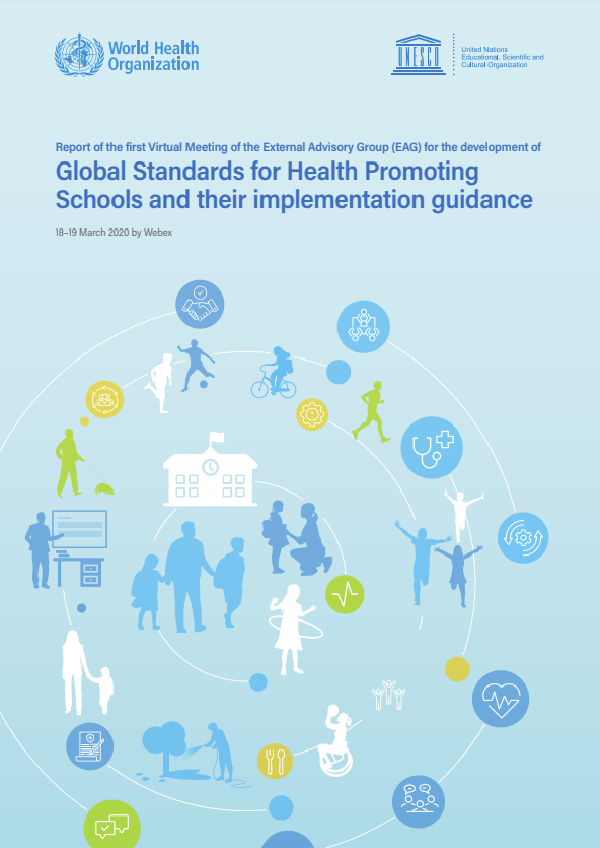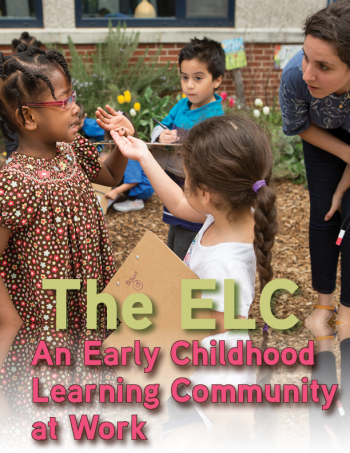When thinking about college, what comes to mind? Perhaps stereotypical images or misconceptions of college life, a friend or sibling’s story, or scenes from popular movies?
In popular culture, some movies depict college life as a party atmosphere in which students binge drink and waste their parents’ money to have a good time without consequence. Films including National Lampoon’s Animal House and Van Wilder as well as Accepted, to name a few, portray the student experience as a blatant disregard for education coupled with excessive drunken buffoonery. However, my party experience illustrates a side to college that is not generally in the limelight.
During my first weeks in college, I felt disconnected from the campus and feared that I would not make friends or find my niche. I was commuting from my family’s home and wanted to do more on campus than just go to and from class. I was enrolled in a First-Year Experience (FYE) course that was intended to provide a framework for a successful undergraduate career and beyond. In the class, we learned about student support services on campus (tutoring, personal wellness, academic advisement, etc.) as well as personal success skills (time and financial management, values exploration, etc.).
Being a new student, and a commuter, I was overwhelmed by the amount of new information, new territory, campus culture, and unfamiliar processes. I asked my FYE instructor after class one day if there was something I could do to feel more connected to campus. She opened my eyes to a side of college that I was missing—this was my invitation to the party.
My FYE instructor promptly led me to her office, introduced me to the staff, and explained the variety of involvement opportunities available through her office. I was amazed that there was so much to do on campus! Because of that meeting, I decided to apply for a job in the Student Union working at the information desk. This position was a catalyst for all of the additional parties I would be invited to throughout my time as an undergraduate student. With so many possibilities, I had to be diligent in prioritizing my time and energy.
What My Friends Think I Do
Friends knew me to be much like the girl in the meme above. I was juggling extracurricular activities and two jobs all while maintaining a full course load. I had to be proactive and diligent to coordinate activities and assignments and make sure I had the time to do it all. Finding a system was a trial and error process, but ultimately I found a method that worked for me. I was an undergraduate student when apps didn’t exist and Facebook was just becoming popular, so my organizational system included a planner, a pen, and a lot of highlighters. Whatever that organizational system looks like for you does not matter as long as you use it. There are a variety of organizational methods and tools you can use to stay on track with all aspects of your life as a student. Some of those are featured in the State University of New York (SUNY) blog: http://blog.suny.edu/tag/apps
What My Parents Think I Do
It may be difficult to discuss your studies and educational experience with a parent or someone that has a significant interest in your academic achievement. This was the case for me; I was the first kid in my house to enroll in college, and my parents were under the impression that grades would be sent home like they were in high school. During the New Student Orientation program, my Mom learned about FERPA (Federal Educational Rights and Privacy Act) and what that meant for my grades. “FERPA gives parents certain rights with respect to their children’s education records. These rights transfer to the student when he or she reaches the age of 18 or attends a school beyond the high school level.” In essence, parents cannot access grades or other restricted academic information unless you provide it to them (http://www2.ed.gov/ policy/gen/guid/fpco/ferpa/index.html?src=ft).
I was fortunate enough to have my parents’ financial support toward tuition, so they felt entitled to reviewing my grades at the end of each semester. I did not want to give them direct access to my grade report by filing a FERPA waiver, so after much deliberation, I agreed to share my grades once released at the semester’s end. If their standards were not met, there would have to be a conversation about repercussions.
